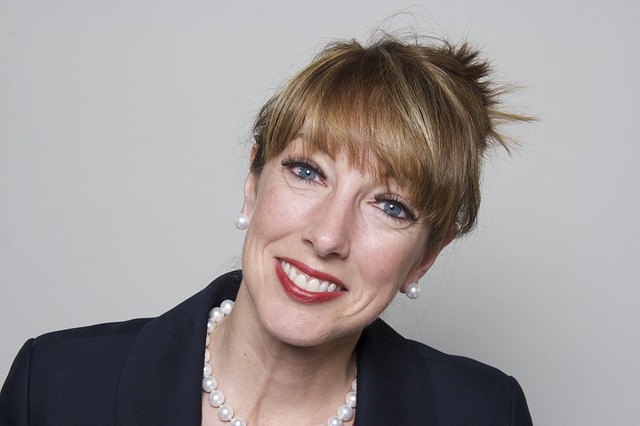The role of dialogue in addressing climate change has never been more crucial, especially as we find ourselves grappling with extreme weather events. As community members and global citizens, we often feel overwhelmed by the sheer magnitude of climate challenges. Whether it’s an unprecedented heatwave, devastating floods, or relentless hurricanes, these occurrences not only put our environment at risk but also deeply affect our communities and the way we communicate about our future.
Engaging in open and constructive dialogue can empower individuals and groups to come together in response to these urgent climate threats. Conversations about environmental sustainability should not just be reserved for experts; they need to involve everyone. From town hall meetings to social media discussions, effective dialogue fosters a sense of shared responsibility and motivates collective action against climate change.
Consider the aftermath of a devastating storm. In those moments, communities often unite, sharing stories of resilience and hope. This is the kind of dialogue that can inspire action—people discussing their experiences, listening to one another, and brainstorming solutions can lead to innovative strategies for climate adaptation. When people communicate their fears and hopes, they create a supportive network that can encourage more sustainable practices.
Moreover, dialogue allows for the exchange of diverse viewpoints. In tackling climate change, it is essential to embrace multiple perspectives—from the scientists who provide hard data to the local farmers who understand the intricacies of weather patterns affecting their crops. Each voice contributes to a richer conversation that can lead to actionable change.
As environments shift and extreme weather events escalate, maintaining an ongoing dialogue within our communities is vital. We can no longer afford to treat climate conversations as mere discussions; they must evolve into regular touchpoints for problem-solving. Effective dialogue can enable communities to not only share knowledge but also develop a robust framework for disaster preparedness.
In conclusion, the influence of dialogue on climate change is profound. It’s not just a tool for communication; it’s a catalyst for transformation. By fostering open lines of communication, we can create informed communities ready to face the challenges posed by climate change head-on. The path forward may be fraught with challenges, but through unity and shared understanding, we can navigate the complexities of our changing world.




